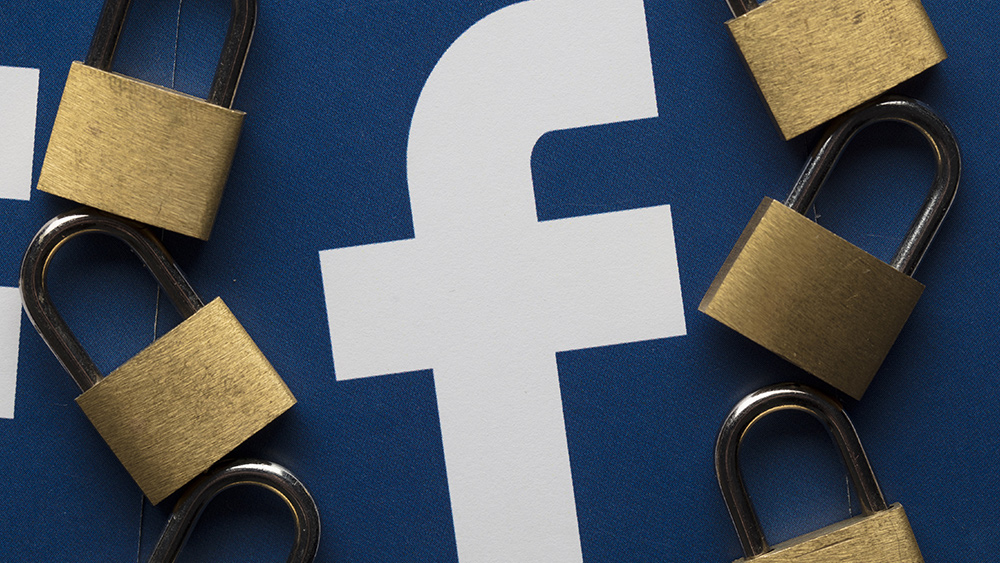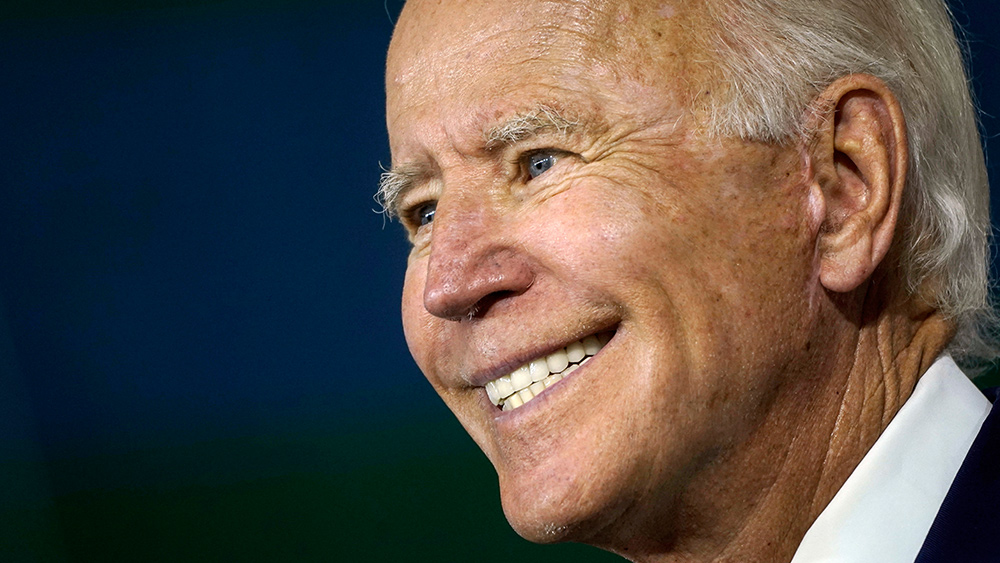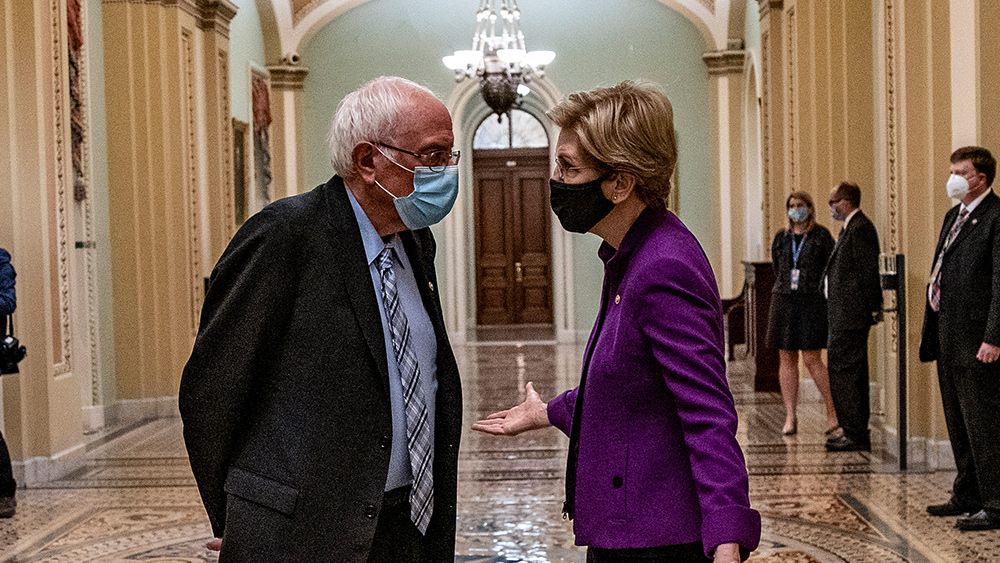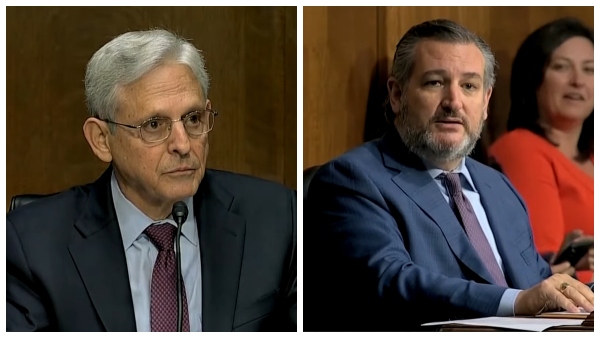James O’Keefe of Project Veritas sues Twitter for defamation following permanent ban
04/26/2021 / By Ethan Huff
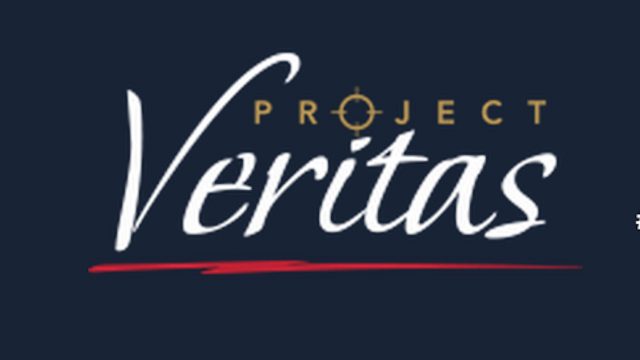
On April 19, James O’Keefe of Project Veritas filed a lawsuit against Twitter for alleged defamation after the Big Tech platform permanently banned his account. Twitter claims that O’Keefe operated numerous fake accounts on the platform, which he denies.
The suit, which was filed in the Supreme Court of New York in Westchester County, alleges that Twitter knowingly defamed O’Keefe in a statement the company made about his permanent suspension from the platform.
“The false accusation that Mr. O’Keefe operated ‘fake accounts’ is particularly damaging for Mr. O’Keefe because Mr. O’Keefe is a journalist,” the lawsuit states. “As such, his reputation for transparency and accurate reporting is fundamental to his profession.”
On April 15, Twitter permanently banned O’Keefe’s account with no advance notice or explanation. Not long after, Twitter released a false statement accusing O’Keefe of “operation fake [Twitter] accounts.” When pressed for comment, the tech giant did not immediately respond.
At the time of his permanent ban, O’Keefe’s Twitter account had more than 926,000 followers. In the days leading up to the ban, O’Keefe had released another bombshell series exposing systemic network bias at fake news giant CNN.
For the “crime” of exposing CNN as a Democrat asset that worked hard for four years to unseat President Donald Trump, O’Keefe was punished by having his account removed and all of his followers left in the lurch.
Back in February, Twitter had also suspended two other accounts run by Project Veritas. The accounts, Project Veritas and Project Veritas Action, represent two separate legal entities, the lawsuit explains.
Twitter claimed at the time that the Project Veritas account was suspended because of a video put up of a journalist from the organization questioning Facebook Vice President Guy Rosen outside a residence.
“The company claimed that the video violated its rules concerning the sharing of ‘private information,’ an apparent reference to the fact that the video showed the number of the house,” reported The Epoch Times.
Several days later, Twitter suspended the account of Project Veritas Action for allegedly existing solely to circumvent the Project Veritas ban. This is not the case, and the lawsuit addresses this false accusation as well.
Why is CNN allowed to remain on Twitter after sharing footage taken in front of Trump supporter’s house?
The lawsuit argues that Twitter routinely allows similar content to remain on the platform, and that the Rosen video contained no other details about the address of the residence other than the numbers that appeared briefly. It did not even mention the state where the incident took place.
Further, CNN itself shared a video a while back in which a reporter questions a Trump supporter outside her home about her membership in a Facebook group that the fake news network says was created by Russian hackers. That video has been viewed more than two million times and is still on the Twitter platform today.
“Even if O’Keefe doesn’t win a judgment, he can run up their legal defense fees,” noted a commenter at The Epoch Times about how this is a win-win situation regardless of the outcome. “That’s worthwhile.”
Another explained that his 80-year-old aunt was told by her doctor to never listen to anything CNN has to say about the Wuhan coronavirus (Covid-19). This suggests that even mainstream medicine is aware of the fact that CNN cannot be trusted.
The good news is that Project Veritas has not yet lost a legal case, and the hope for many is that this latest case will be no exception.
More of the latest news about Big Tech censorship can be found at Censorship.news.
Sources for this article include:
Tagged Under: banned, Big Tech, Censored, Censorship, CNN, defamation, James O'Keefe, lawsuit, Project Veritas, tech giants, truth, Twitter
RECENT NEWS & ARTICLES
COPYRIGHT © 2017 FIRSTAMENDMENT.NEWS
All content posted on this site is protected under Free Speech. FirstAmendment.news is not responsible for content written by contributing authors. The information on this site is provided for educational and entertainment purposes only. It is not intended as a substitute for professional advice of any kind. FirstAmendment.news assumes no responsibility for the use or misuse of this material. All trademarks, registered trademarks and service marks mentioned on this site are the property of their respective owners.







